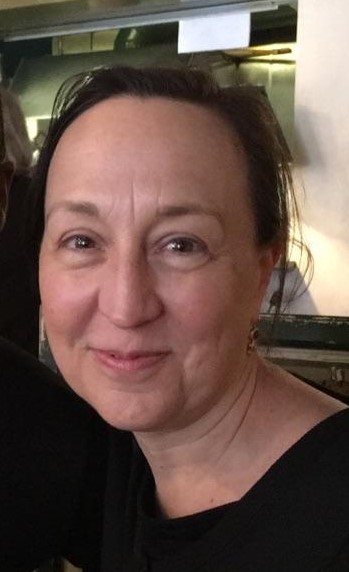Interview by Keyna Franklin

The Center for Family Life in Sunset Park is nationally recognized for how it builds community to strengthen families. Here, Executive Director Julia Jean-Francois explains how economic stability is the first step toward achieving family wellbeing.
Q: A lot of parents feel like they just can’t cope and meet their basic needs. How does the Center for Family Life help with that?
A: We organize our service system so that we start a conversation with families right from the start — evaluating their public benefits, whether they have a safe place to live, a job, etc. We go through all the domains in their life and make sure we have an actionable plan to reach their goals. It’s only after basic needs for food, clothing, shelter and income have been recognized and there’s a plan to deal with them that people feel calm and focused enough to focus on family dynamics. We will not be able to solve all the issues on the first visit, but we can start a relationship to meet those needs.
Q: People often say that you need to take care of your basic needs first, like a safe place to live and food to eat. Why is that?
A: It’s impossible to focus on other kinds of changes in your family if you don’t have a safe place to sleep or food for your children to eat.
Q: What if your caseworker doesn’t understand the importance of focusing on basic needs? What can parents do about it?
A: I would try to explain your concerns to the caseworker. You can also try to find an ally, and go talk to the caseworker together. You can tell the worker, “We know that unless we have the basic things taken care of, we will not be able to fully participate because we won’t have the space in our thoughts to devote to it anything else.” Parents are put in the position of not being in the driver’s seat. Advocates can try to support someone who is not hearing a parent’s concerns.
Q: How can parents determine whether or not they trust their caseworker?
A: You can test if someone is trustworthy when you ask for help and information. Start out with something you feel comfortable with. For example, you might say, “I need health benefits for my daughter. How would you partner with me on that?” Pick a project you feel comfortable with. Let them know what your expectations are and how you want to communicate. Part of why relationships don’t work is that there’s no ground rules for how communication will happen, or the only ground rules are set by the case planner.
Q: How can it be risky to tell a caseworker that you are in need?
It can be risky if the caseworker is working in an organization that doesn’t look at asking for help as a strength, but rather as an admission of guilt. If people work in an organization where they understand it takes strength and courage to put your life on the table the caseworker can say, “Let’s figure this out and see where we’re going.” If the caseworker doesn’t understand that, it can be risky. The caseworker may turn asking for help into a way to blame you.
Q: After child welfare involvement is over, what can parents do if they run into trouble with their basic needs?
A: Continue to be in relationship to one of the settlement houses in New York City, they offer lots of helpful services like Know Your Rights courses for workers and ESL classes. You want to remain connected. Then you don’t need to worry that you’d have to face anything unexpected without support.
At the Center for Families Life, you can go to some of our programs–like adult employment–from anywhere in NYC. That’s also true for our co-op business development programs, food pantry (for the first visit) and single-stop benefits screening.
All people need resources – and most communities have resources to strengthen their neighborhoods, like events at kids’ schools, ESL or GED classes, career workshops, etc., where you can build social networks. After child welfare is all over, try not be alone, try to stay connected.
